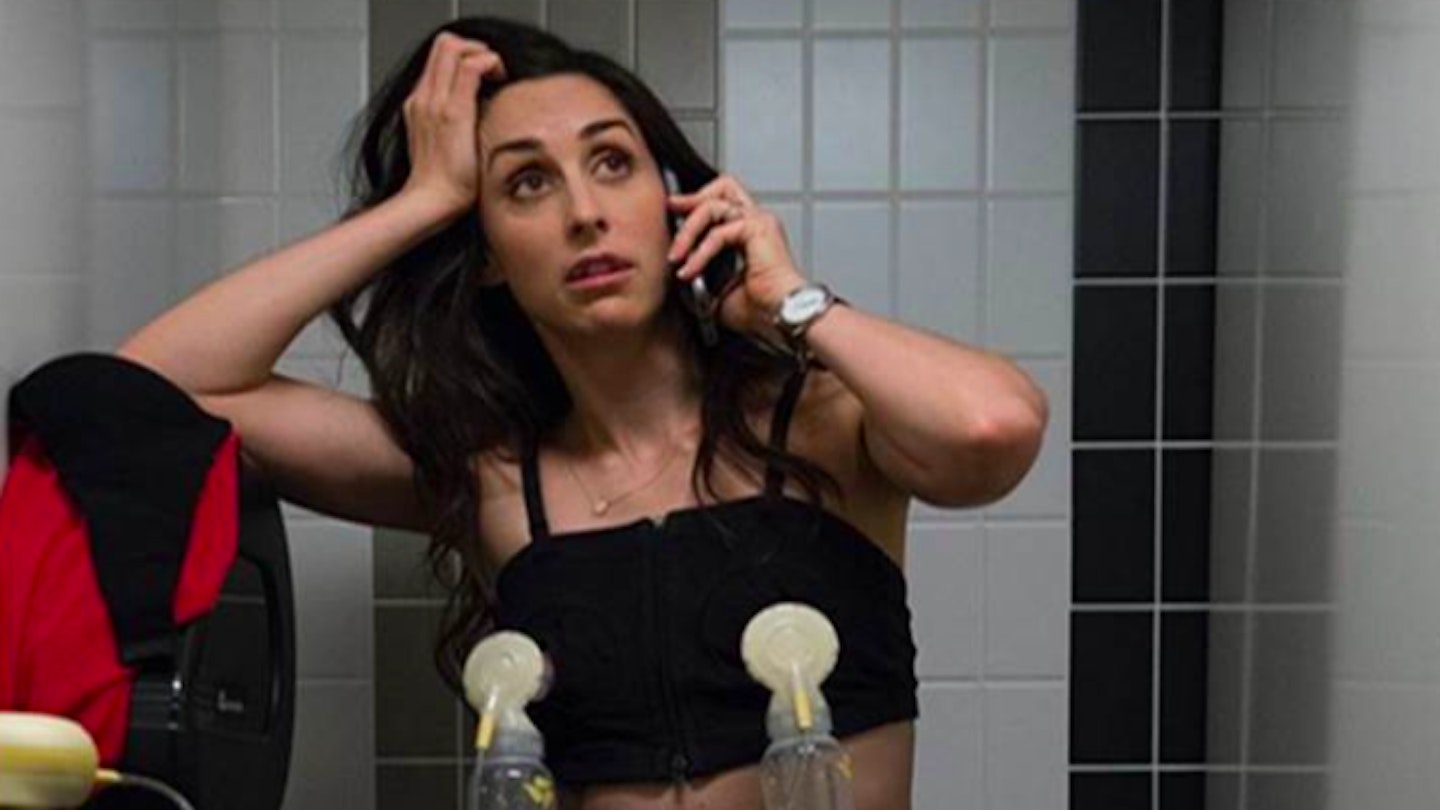I’ve noticed an increasing exchange between women where the conversation starts with ‘you ok?’ and the other answers ‘er, yeah, just about?’ and it ends as a question. Because she’s not sure – is she ok? Are we ok?
It’s good news that we’ve moved beyond the 50s housewife era of pretending life is just peachy. But this phase of life, it’s hard to put into words because I think I’m choosing it.
I want to work and have kids and still have a social life and be a decent daughter/partner/friend. I care that I don’t look like the puffy, tired face staring back at me by the time I see other humans. I want my kids to be active and support them in their sporting endeavours, spending a proportionate amount of the weekend on a sideline come rain or shine. (Rain. It’s always rain). And while I may sound dreadful in the preceding words, I also want to be a good person – am I adding value to the world? Am I helping anyone?
My friends, we are in The Rush Hour of life. Except it’s not an hour, it’s seemingly endless.
The sheer volume of things to do feels behemoth. The best description I ever read was in Pulitzer Prize winning Brigid Schulte’s book ‘Overwhelmed’, where she describes the to-do list being like a never-ending ticker tape, except instead of running across the bottom of a news screen, it’s whizzing through your mind. Constantly. Especially during times when you’re in bed, whether that’s to sleep or – on occasion – do other bed stuff. There it is. Book the dentist, deflea the cat, you haven’t replied to last week’s WhatsApp from Mum/work colleague/best mate. And then *ping* ‘Don’t forget kids need an all-green outfit and a green packed lunch for Green Day at school tomorrow *smileyface*’
They say to try writing it down. It feels like a lot of the suggestions for dealing with overwhelm involve doing another thing – have you tried journalling? Meditation? Get up at 5am before the house is awake and use that time to gather yourself? Maybe get in a quick workout while you’re at it? For self-care, obvs.

I think part of the problem is that we can see how lucky we are compared to many, and we do cope. And when I say ‘we’, let’s be straight - women are still carrying the load required to run a family. In fact CNBC reported that as women’s financial contributions increase, they pick up a heavier load when it comes to household chores and caregiving responsibilities. Perhaps because they’re trying to make up for working and not having total focus on the family.
Because we are a guinea pig generation. More women are working in some capacity, but that hasn’t led to a fundamental shift in what happens at home. So we’re just adding, while often trying to simultaneously replicate the more traditional role we saw women in our parent’s generation carry out. Then as we’re having children later, we’re also managing a timely triumvirate of kids that still need us, ageing parents and perimenopause. And we’re wondering why we feel broken?
In a quest for solidarity, I asked my Mum – nurse and mum of six - when this exhaustion ends. She reassuringly remembers a new lease of life in their 50s, but also said, ‘We didn’t know what anyone else was doing, so we couldn’t worry about it as much’. Good point - lump the noise of social media on top and you need to do all this while rocking an outfit (they used to just be clothes. I miss that) and seeing that everyone else is managing much better than you, while partaking in wholesome activities and exotic holidays.
I’ve noticed though that when something happens that really makes you stop – a sick child or loved one, a genuine friend in need – there is room. I run gift company Don’t Buy Her Flowers and our second biggest occasion after birthday is ‘For TLC’ – people sending gift boxes of comfort and words of encouragement. We’re recognising that it’s a lot and we need each other.
When those friends or family need us, things get dropped and perhaps we realise that not all the things on The List were essential after all. Yes the kids need new shoes but one year when the PE kit came home on the last day of term, we discovered that one of my children had been wearing two different sized trainers for an entire term and I am pleased to report it didn’t do any long-term damage.
So as well as ensuring our partners get on board, can we use Maternal Mental Health Week to acknowledge it feels a lot because it is a lot, and some of the challenge is to lower the pressure we heap on ourselves trying to be all the things? Then perhaps we can take on the patriarchy *winky face*
To milk the analogy, perhaps in this Rush Hour where we might not feel in control of our destination, can we slow down to look wistfully out the window for some of the journey and acknowledge that we’re not travelling it alone?
Steph Douglas is the founder of thoughtful gifting company Don’t Buy Her Flowers and talks with guests about the Rush Hour on the Don’t Buy Her Flowers podcast.
